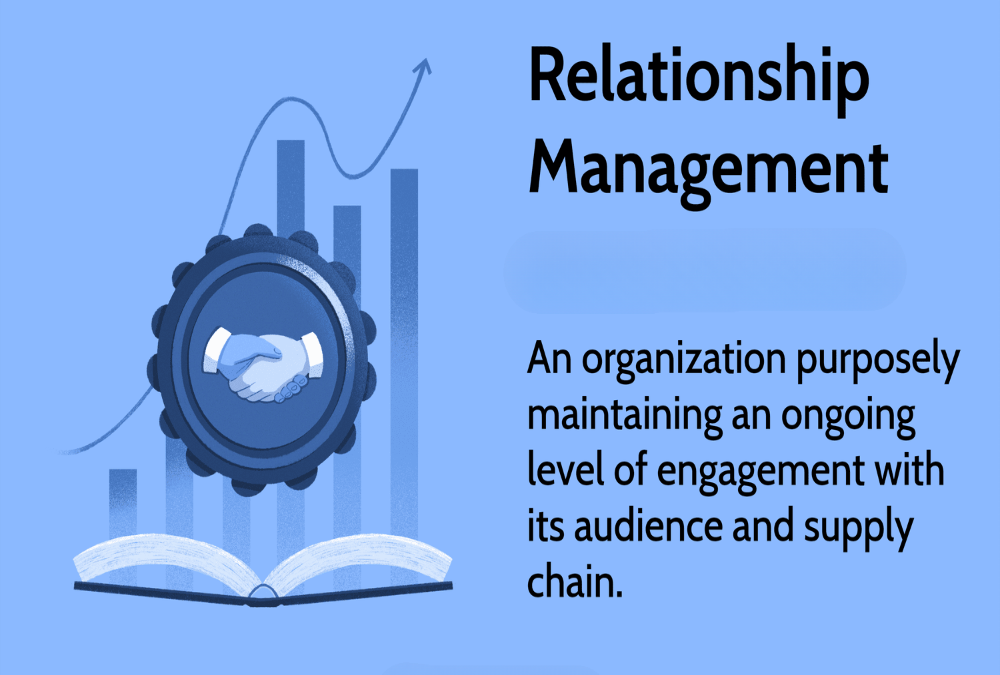Introduction
Post-sale relationship management refers to the deliberate strategies and actions taken by sellers, brokers, and property managers to maintain a strong, positive connection with buyers after a real estate transaction has closed. While many view the closing of a sale as the end of the sales process, in a professional and sustainable business approach, it is better seen as the beginning of a long-term relationship. Effective post-sale relationship management enhances client satisfaction, builds loyalty, protects the seller’s or broker’s reputation, and creates valuable opportunities for future referrals, repeat business, and collaborative growth. In a competitive real estate environment, maintaining meaningful engagement after the sale is not just courteous—it is a strategic advantage.
Purpose and Strategic Importance of Post-Sale Relationship Management
The main purpose of managing relationships after a sale is to ensure that the buyer feels supported, valued, and confident in their decision. Even after ownership transfers, questions often arise regarding operational matters, legal follow-ups, property improvements, or integration into new business environments. A seller or broker who remains accessible and helpful during this phase demonstrates professionalism and integrity, solidifying the buyer’s positive perception of the transaction.
Beyond immediate support, post-sale relationship management establishes the groundwork for future business opportunities. Satisfied buyers are more likely to recommend the seller, broker, or developer to colleagues, friends, and other investors. In sectors such as commercial real estate, where reputations are critical and networks often drive deal flow, maintaining strong post-sale relationships can significantly expand business pipelines over time.
Key Elements of Effective Post-Sale Engagement
A successful post-sale strategy starts with timely follow-up communications. This can include sending a congratulatory message, checking in after move-in or property handover, and offering assistance with transitional matters. It also involves providing helpful resources such as maintenance contacts, local service provider recommendations, or operational manuals for commercial facilities.
Problem-solving assistance is another core element. Buyers may encounter unexpected issues such as incomplete documentation, property maintenance concerns, or tenant-related challenges. Promptly addressing these concerns—even if technically outside the contractual obligations—helps protect the relationship and demonstrates commitment to client satisfaction.
Periodic updates and market insights can also play a valuable role. Sharing information about market trends, property valuation changes, local development plans, or investment opportunities keeps the relationship active and positions the seller or broker as a trusted advisor, not just a transactional counterpart.
Inviting feedback is another important step. Asking buyers for their input on the transaction experience can identify areas for improvement while reinforcing that their opinions are valued. Positive feedback can be turned into testimonials, while constructive criticism can guide the evolution of future sales and service strategies.
Challenges and Considerations
Post-sale relationship management requires consistency and authenticity. Buyers can easily sense when follow-ups are superficial or motivated purely by self-interest. Genuine interest in the buyer’s satisfaction and success fosters lasting loyalty and elevates the relationship from transactional to relational.
Another challenge lies in balancing engagement with respect for the buyer’s space. Over-communication can be perceived as intrusive, while complete silence may be seen as indifference. Finding the right rhythm—through occasional, thoughtful touchpoints rather than constant contact—is key to sustaining a professional and valued connection.
Conclusion
Post-sale relationship management is a crucial, often overlooked component of a successful sales strategy. It transforms a closed deal into an ongoing relationship that can yield repeat business, referrals, and enhanced professional reputation. By remaining accessible, helpful, and engaged after the transaction, sellers and brokers demonstrate their long-term commitment to client success. In today’s competitive real estate and business markets, where personal recommendations and reputational strength often outweigh traditional advertising, mastering post-sale relationship management is an investment that delivers substantial, enduring returns.
Hashtags
#PostSaleManagement #CustomerRelationship #ClientEngagement #AfterSalesSupport #CustomerSuccess #RetentionStrategies #LoyaltyBuilding #FeedbackLoop #CustomerSatisfaction #ServiceExcellence #RelationshipMarketing #ClientCare #ValueAddedServices #CustomerJourney #SupportServices #BrandLoyalty #CustomerExperience #PostPurchase #ClientRetention #BusinessGrowth

